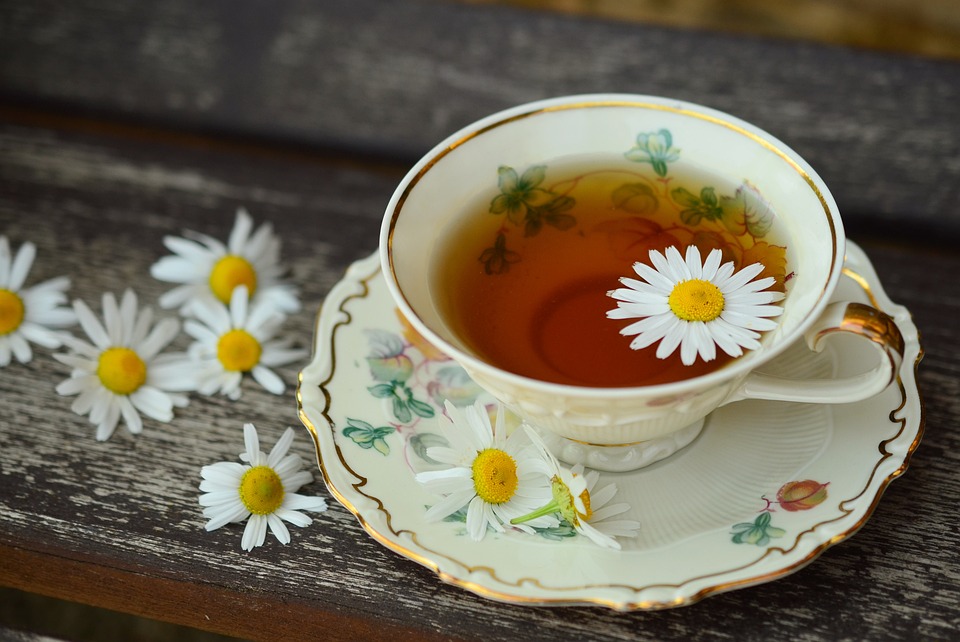
Herbal medicines are extensively utilized across the world to enhance and maintain health. Medicinal herbs can be purchased as teas, pills, tinctures, capsules, extracts, powders, fresh or dried plants, and as components in prescription medication. In reality, plant extracts and synthetic plant chemicals account for roughly 40% of all medicines.
Despite widespread usage and is renowned for its practical and safe qualities, most people are unaware of Traditional Chinese Medicine, Ayurveda, and other herbal medicine systems. Many people in the US have difficulty distinguishing between medicinal plants and narcotics.
Despite having access to all of the manufactured options, many individuals find themselves returning to herbal plants from where they started. Herbal treatments might help you recover and improve your physical and emotional health. On the other hand, many teas and herbs provide safe and gentle ways to boost your health. You must pay attention to the research on each herb's efficacy and any safety concerns or potential interactions.
Here, you will learn about the six unknown facts about herbs so that you can use them for your benefit.
Herbs Have Therapeutic Value
There are over 250,000 types of higher plants on the planet. Medicinal qualities are used in between 14 to 28 percent of these plants. Over 5,000 plants are used in traditional Chinese medicine. Native Americans in North America have recorded the usage of 2,564 plants in making herbal medicines.
Gingko is a powerful herb in Chinese medicine and among the oldest species of trees. It is also the earliest homeopathic herb. The leaves are mainly used to make capsules, pills, and extracts or may also be used to make tea when dried.
Kratom leaves are often used to help with anxiety, tension, and depression, but they can also help with anxiety, tension, and depression. Serotonin and endorphins are released by the psychoactive ingredients in kratom, which may help you feel better. You can look for high quality green maeng da capsules and use them to help regulate hormones and repair chemical imbalances in the body.

Herbs to Promote Well-Being
Aloe, Basil, Turmeric, Neem, and Ginger are all medicinal plants that can help with various illnesses. In many regions, they are considered home cures. It is common knowledge that many people use basil in their daily lives to make medications, black tea, and other things.
Many herbs are used to honor rulers in many regions of the globe as a sign of good fortune. Following their discovery of the therapeutic value of herbs, many people have begun planting basil and some other medicinal plants in their backyard gardens.
These medicinal plants have rich components that can make pharmacopoeial, non-pharmacopoeial, and synthetic drugs. Apart from this, these plants have played an essential role in the evolution of human cultures worldwide. Furthermore, certain plants are regarded as significant sources of nourishment, and hence, they are suggested for their medicinal properties.
Use Herbs As the Household Helpers
A cup of herbal tea has a calming effect on most people, but the same thing may also be used as a cleaning spray. Sage and lavender, for example, may go right from your kitchen cupboard and mix with some baking soda, which, when combined with water, becomes a gentle scrubber.
Fragrant plants like comfrey, rosemary, and mint can help keep rodents and insects at bay. These are fragrant plants, and their scent is what keeps insects away. If growing the herbs isn't an option, use a mortar and pestle to smash dried herbs. For repelling fleas, the lavender powder might be put on a pet's bedding.
Herbs as Beauty Boosters
Natural shampoos containing antifungal herbs like rosemary, sage, and thyme can help with dandruff scaling and flaking. Herbal rinses may also help to create healthier, glossier hair. Teas made from rosemary, nettle, and horsetail and used to wash hair are excellent for strengthening and shinier hair. Thyme, for example, has anti-inflammatory and anti-bacterial qualities, making it a great addition to fighting acne.
Applying the essential oils to the skin, such as rosemary, lavender, or tea tree, may help eliminate pimples. Never forget to dilute essential oils with carrier oils like grape seed before using.

Decorating with Herbs
Almost any room may benefit from the rustic appeal and fresh fragrances of herbs. Given below, you will find some general guidelines for herbal home decor, but don't just limit yourself to only these ideas, and also you can experiment to see what works best for you.
Cooking with Herbs
As far as utilizing herbs in the kitchen is concerned, your imagination only limits you; they may be used in almost every dish. Herbs aren't always added to a meal; adding them after serving them is another excellent method to improve your food's flavor, fragrance, and aesthetic appeal.
Summary
Herbal treatment is a better choice than pharmaceuticals. It has a promising future in mainstream healthcare, as it is based on ancient medical practice. It is both effective and safe, with fewer side effects and the ability to cure a wide range of illnesses.